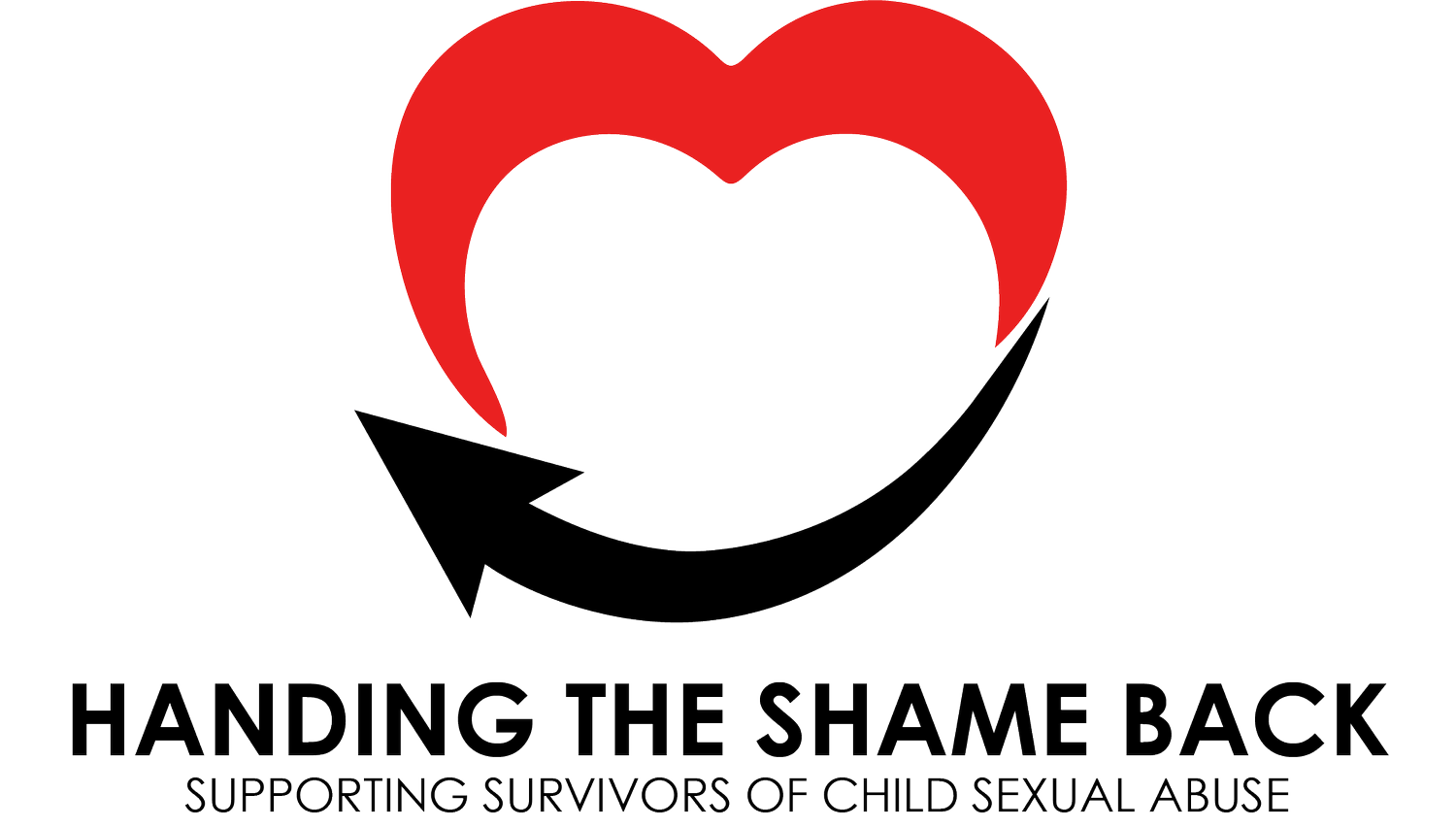Depression
Sometimes it just hits without warning, and we feel like we’re wading through mud cloaked in a dark cloud of heaviness.
It can arrive unexpectedly and stay longer than required.
It is not welcome, was not invited and yet is parked in our lounge, just daring us to kick it out.
For 1 in 4 of us, depression is a common occurrence and needs our attention.
The truth about depression is when it has you in its grip is almost impossible to shift. We feel dragged underneath by the sheer weight of it and stay immobilised until it has run its course. For some of us this can be days, even weeks – for others it can be a short sharp burst lasting up to a day.
There are many facets and characteristics of this, but if you have ever experienced it, you know what I mean.
Sometimes people who have depression, have other associated mental health issues, sometimes it stands alone.
But we all have a choice in how we deal with it.
Some accept depression as part of who they are, take medication and manage to live a reasonable life in spite of it.
There are also those who are undiagnosed and struggle with why life feels so hard at times.
Yet others recognise when it’s there but refuse to get help for it. They may struggle with medication or counselling and refuse access to the professional help needed.
Regardless of what bracket we fall into, whether we are suffering ourselves or trying to support someone else – depression is impacting all of us in some way or another.
Everyone who loves someone with depression, needs love and support as well. A little- known fact is that caregivers or loved ones suffer greatly alongside the person with depression.
They too feel concerned alongside sad and helpless.
And so, the cycle continues.
It doesn’t make for good reading, yet we can’t just put the book down and walk away.
Depression is insidious, it is sneaky, and quite random in its choice of victims, but that doesn’t mean we are helpless.
We can let someone know we are struggling
We can seek professional guidance
We can acknowledge it is a sign of strength, not weakness to ask for help.
For those among us who are affected by this, it is not a choice.
How we choose to accept it, treat it and live with is.
We now have famous sportspeople and actors who discuss their depression, and because of them the lid has come off and talking about it has helped shift the stigma of it.
This is great news for people who experience depression regularly. With attention given to it, it stands less chance of morphing into something scary like self-harm and suicidal thoughts. Suicide rates are not something we should be proud of, and we need to take the time to listen to our friends and family about how bad things can feel.
We can’t always make it right
But we can listen
If each of us reached out to someone we know who struggles, offering a listening ear, we may save that person from sinking lower.
If we sat beside them, sometimes without words, we show we care, and sometimes that is all that is needed, on that day and at that time.
The way to decrease the chances of someone feeling that life is not worth living is to show them that it is – through:
Kindness
Love
Understanding
Compassion
It doesn’t mean we enable them to continue on the pattern without getting help. It doesn’t mean we allow them to treat us badly when they are struggling the most, but it does mean we are there when they are at their lowest.
The only way we make people feel loved and supported through this is to talk about it, share it and acknowledge it exists.

